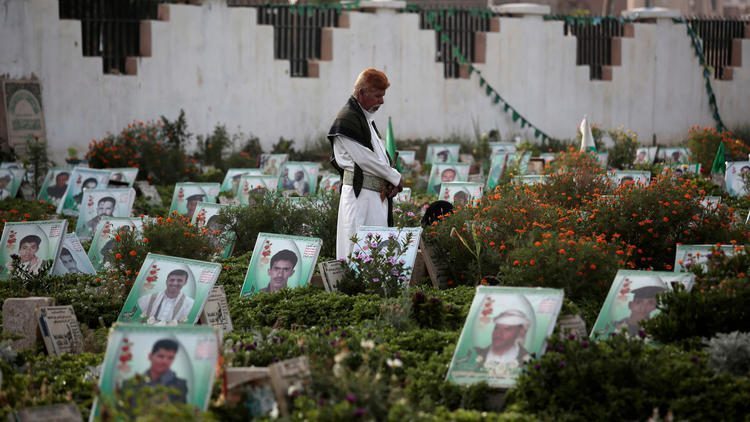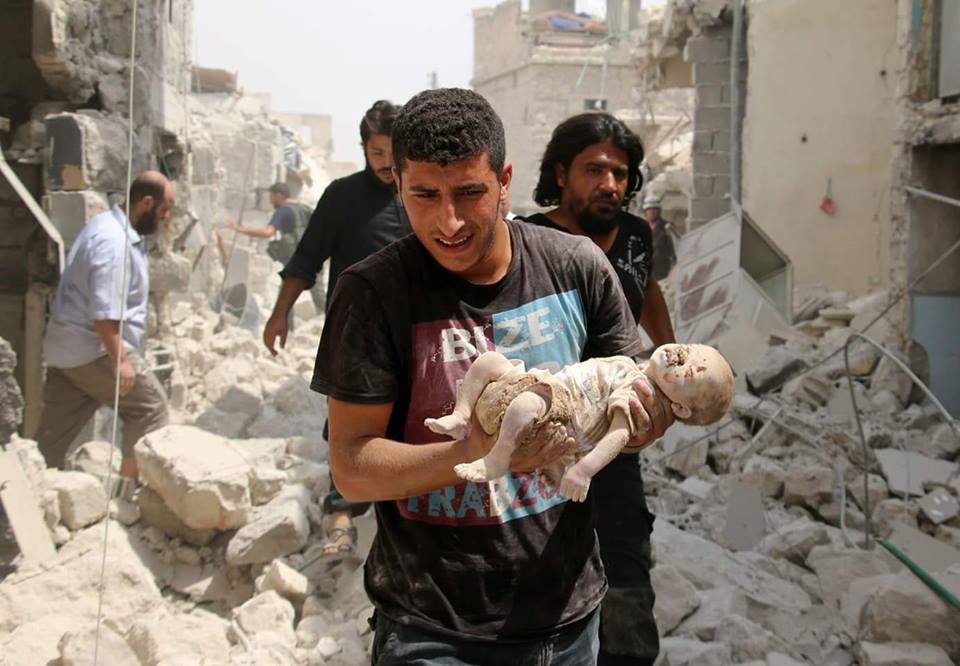
Thousands of people were forced to flee to safety on Monday after a fire, set on purpose according to police, tore through a refugee camp on the Greek island of Lesbos.
No casualties were reported but tents at the Moria camp were “almost entirely destroyed” and containers that provide additional accommodation and health and registration services were damaged, a police source in Athens told AFP.
Greek news agency ANA said the arson began because of fighting between different nationalities in the camp, while Athens-based newspaper Kathimerini said the fires were lit after rumours circulated that refugee deportations to Turkey were being planned.
“Between 3,000 and 4,000 migrants fled the camp of Moria,” to the surrounding fields, with firefighters being hampered by strong winds that fanned the flames, the police source said.
Police were sent out after the migrants and were in the process of returning them to the camp, the officer added.
The officer said there was “no doubt” that the fire had been set on purpose by those inside.
Some 150 minors housed at the camp were taken to a children’s village on the island, the officer said.
Another two fires broke out in the olive groves near Moria but were brought under control before the third blaze erupted at the camp.






New threats
There are now more than 60,000 refugees and migrants in Greece, most of them seeking to travel to Germany and other EU countries.
But they are unable to do so after several eastern European and Balkan states shut their borders earlier this year.
The fire comes as UN member states on Monday promised to try to improve the plight of millions of refugees around the world.
Speaking at the first UN refugee summit in New York, Greek Prime Minister Alexis Tsipras warned that failure to confront the refugee crisis would unleash xenophobia.
“If we fail to support this, the political repercussions will be felt not only in Greece but everywhere,” he said.
“We will give space to nationalistic, xenophobic forces to show their face for the first time since World War II.”




A sharp increase in migrants’ numbers arriving in Greece
According to data from UNHCR, the first week of September saw 1,052 refugees and migrants crossing into Greece, nearly double the number the week before. The month of August saw a total of 3,437 arrivals in Greece, the highest number since April, when 3,650 arrived.
Reports suggest the bump in figures might signal the revival of the Eastern Mediterranean route, which saw close to a million land in Greece in 2015, and the imminent collapse of a deal between Turkey and the E.U. to stem the flow of the displaced.
But Lucy Carrigan, a regional officer for Greece with the International Refugee Council, told TIME it is “hard” to know if the increase is part of a larger trend, as the movement of people has been difficult to predict since the closure of borders on the Balkan route and the E.U.-Turkey deal. “While yes, there has been an increase … the numbers are relatively speaking quite small,” says Carrigan, who works on the Greek island of Lesbos. This time last year, 5,000 people were making the crossing every day.
The bigger immediate issue, she and others say, is that accommodation centers on Greek islands, such as Lesbos and Kos, are filled to overcapacity as the arrivals are not being relocated to Europe or returned to Turkey fast enough.
According to the International Organization for Migration, the maximum capacity on the Aegean islands’ reception centers is at 6,850 but as of Sept. 6 the total presence of migrants on the islands is at 12,515. A source from an aid agency working in Greece told TIME that asylum processing centers run by the E.U. are woefully understaffed. After claimants preregister for asylum— which could take up to five months— migrants find themselves waiting a further six months for their initial asylum appointments.
More than 850,000 migrants arrived on the Greek islands last year, many after risking their lives in unseaworthy boats and dinghies.



